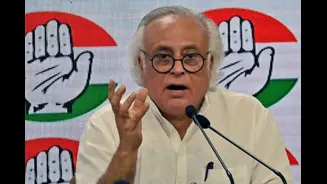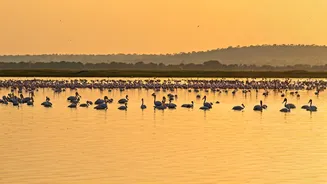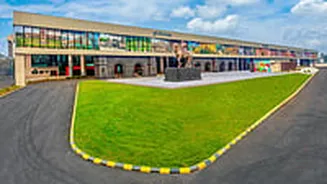Unveil the Impact of Climate Change on India: Key Insights Await! Dive into how climate change is reshaping our future
Climate change, a topic debated for decades, is no longer a distant threat. It's actively
reshaping our present and casting a long shadow on the future, especially here in India. From erratic monsoons to rising sea levels, the changes are becoming increasingly visible and impacting our daily lives.
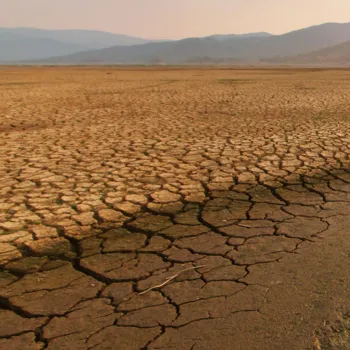
Let's explore six key insights into how climate change is shaping our future and what we can do about it.
Monsoon Mayhem and Agricultural Angst:
The Indian monsoon, the lifeline of our agriculture, is becoming increasingly unpredictable. We're seeing longer dry spells punctuated by intense bursts of rainfall, leading to both droughts and floods. This erratic behavior affects crop yields, farmer livelihoods, and food security.
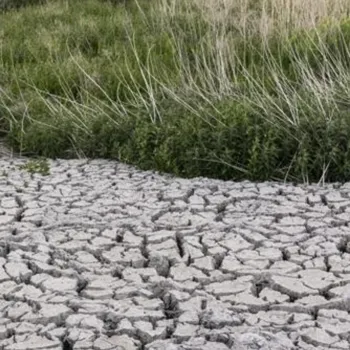
Farmers are grappling with uncertainty, facing crop failures and financial distress.
Experts feel, adapting agricultural practices involves promoting drought-resistant crops, improving water management techniques, and providing farmers with accurate weather forecasts and climate-smart advisory services.
Government policies supporting sustainable agriculture and diversification of crops are crucial to build resilience against climate change impacts.
Coastal Concerns and Sea Rise Scenarios:
India has a vast coastline, densely populated and economically significant. Climate change is causing sea levels to rise, threatening coastal communities, infrastructure, and ecosystems. Coastal erosion is accelerating, displacing people and damaging property.
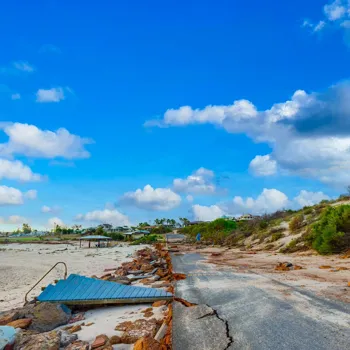
Saltwater intrusion is contaminating freshwater sources, affecting agriculture and drinking water supplies. Protecting our coastlines demands proactive measures.
Building seawalls, restoring mangrove forests (natural barriers), and implementing coastal zone management plans are essential to safeguard vulnerable areas. Relocating communities from high-risk zones, though difficult, may become necessary in some cases.
Policy makers are grappling with this challenge.
Heatwaves and Health Hazards:
India is experiencing more frequent and intense heatwaves, impacting human health and productivity.
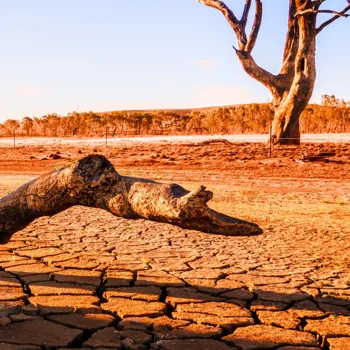
Prolonged exposure to high temperatures can lead to heatstroke, dehydration, and other health complications, particularly affecting vulnerable populations like the elderly, children, and outdoor workers.
The rising temperatures strain our infrastructure, increasing energy demand for cooling and potentially leading to power outages. Addressing this growing threat requires a multi-pronged approach.
Public awareness campaigns on heatwave preparedness, developing heat action plans, and ensuring access to cooling centers are crucial. Promoting energy-efficient buildings and exploring alternative cooling technologies can help reduce the demand on our power grid.
Water Woes and Resource Rivalries:
Climate change is exacerbating water scarcity in many parts of India. Changes in rainfall patterns, coupled with increased evaporation rates, are reducing water availability.
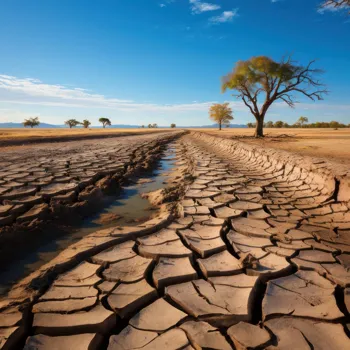
This scarcity leads to competition for water resources between agriculture, industry, and domestic use, potentially triggering conflicts. Managing our water resources sustainably is paramount.
Promoting water conservation practices, investing in rainwater harvesting, and improving irrigation efficiency are essential. Implementing integrated water resource management plans that consider the needs of all stakeholders is crucial to ensure equitable access to water.
Policy initiatives include promoting efficient irrigation techniques.
Disaster Dynamics and Community Coping:
Climate change fuels extreme weather events, leading to more frequent and intense cyclones, floods, and droughts. These disasters cause widespread damage, displacement, and loss of life, particularly impacting vulnerable communities.
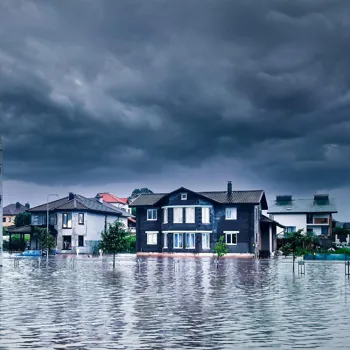
Building resilience to these disasters requires a comprehensive approach. Investing in early warning systems, improving infrastructure, and strengthening disaster preparedness and response mechanisms are key.
Empowering local communities to develop their own coping strategies and providing them with access to resources and support is crucial for effective disaster management. Community based disaster preparedness is necessary to mitigate impacts of extreme events.
Energy Evolution and Sustainable Solutions:
The energy sector plays a significant role in climate change, as the burning of fossil fuels releases greenhouse gases into the atmosphere. Transitioning to cleaner and more sustainable energy sources is essential to mitigate climate change.
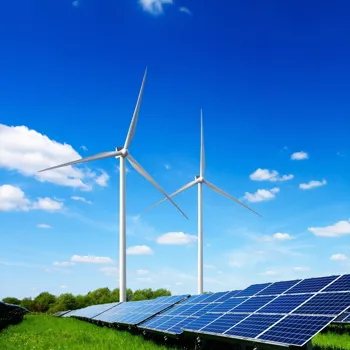
India is making progress in renewable energy, with increasing investments in solar, wind, and hydropower. Promoting energy efficiency, developing smart grids, and phasing out coal-fired power plants are crucial steps towards a cleaner energy future.
Supporting research and development in renewable energy technologies and creating policy incentives for their adoption can accelerate this transition. India has to evolve sustainable solutions, to reduce climate change impact.
Addressing climate change collectively for a sustainable future
Climate change presents significant challenges, but also opportunities. By understanding these key insights and acting decisively, we can build a more resilient and sustainable future for ourselves and generations to come.
It's a collective responsibility requiring the efforts of individuals, communities, governments, and businesses.
AI Generated Content. Glance/InMobi shall have no liability for the content


